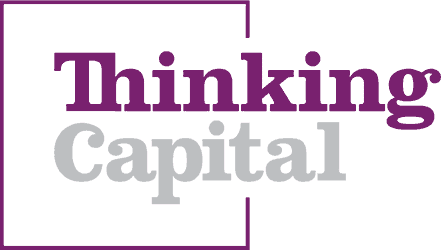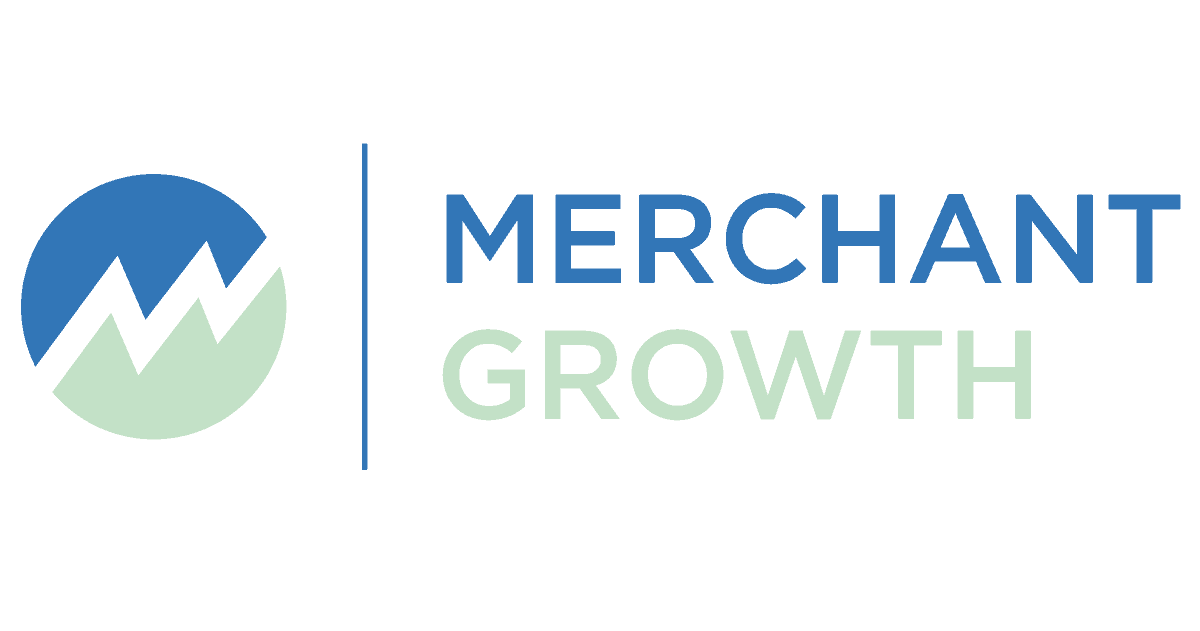Frequently Asked Questions About Child Tax Benefit Loans
What is a child tax credit?
The child tax credit is a financial support system offered to eligible families to assist with the costs of raising children. It can help reduce the amount of tax a family owes, making it easier for them to manage their financial responsibilities.
How do child tax loans work?
Child tax loans are financial instruments that allow individuals to borrow money against their anticipated child tax credit. This means that if you’re expecting to receive a child tax credit, certain lenders will offer you a loan based on that expected amount, which you’ll then repay over time, often with interest.
Are payday loans similar to child tax loans?
While both payday loans and child tax loans provide short-term financial relief, they operate differently. A payday loan is typically a short-term, high-interest loan designed to be repaid by your next paycheck. In contrast, child tax loans are often repaid using the funds received from the child tax credit. However, some payday loans that accept child tax as a form of income might offer such loans to eligible borrowers.
Which lenders typically offer loans that accept child tax credit?
Various lenders, including some traditional banks, credit unions, and online financial institutions, offer loans that accept child tax. It’s essential to shop around and compare options to find the best terms and rates.
Can I use my child tax credit to secure installment loans?
Yes, some lenders allow borrowers to use their child tax credit to secure installment loans. These loans typically allow borrowers to repay the loan amount in fixed installments over a set period, making budgeting and repaying more manageable than lump-sum repayments.
Are there any risks associated with child tax loans?
As with any financial product, there are risks. It’s crucial to understand the terms, rates, and fees associated with tax loans. If not managed responsibly, borrowing against your child tax credit can lead to increased debt and potential financial hardship.
What are the main differences between payday loans that accept child tax and regular payday loans?
Payday loans that accept child tax are specifically designed for those who receive the child tax credit. Lenders consider this credit as a form of income or assurance that the loan will be repaid. On the other hand, regular payday loans are based on the borrower’s traditional income sources, like a paycheck from employment.
Can I get a loan if I only have child tax credit as my source of income?
Some lenders specifically offer loans to individuals who have the child tax credit as their primary or sole source of income. However, terms and conditions may vary, and it’s vital to understand the interest rates, repayment terms, and potential fees associated with these loans.
Can I get child tax loans with bad credit?
Yes, usually. Not all CCB loans will accept poor credit borrowers, but payday loans and other forms of cash advance loan usually do not take into account credit score.
How much can I borrow with a child tax loan?
That depends on your exact situation and how much you receive in CCB; loans between $150 and $20,000 are in theory available.
Can I get a loan based on my provincial child care benefits?
Yes. It doesn’t matter where your benefits come from, as long as you can show you will continue receiving them.
What’s the interest on a child tax loan?
This depends on where you get your loan and the loan type. Interest rates can vary from 8% to over 500% (for the most punitive types of payday loan).
Can I get a child tax loan if I am unemployed?
Yes. Receiving CCB counts as a form of income, so many CCB loans will not worry if you are unemployed – as long as you can prove your CCB payments will continue.
Will applying for a child tax loan affect my tax benefit eligibility or payments?
No. Any loan you have on your CCB will have zero effect on your CCB eligibility and payment level.



































